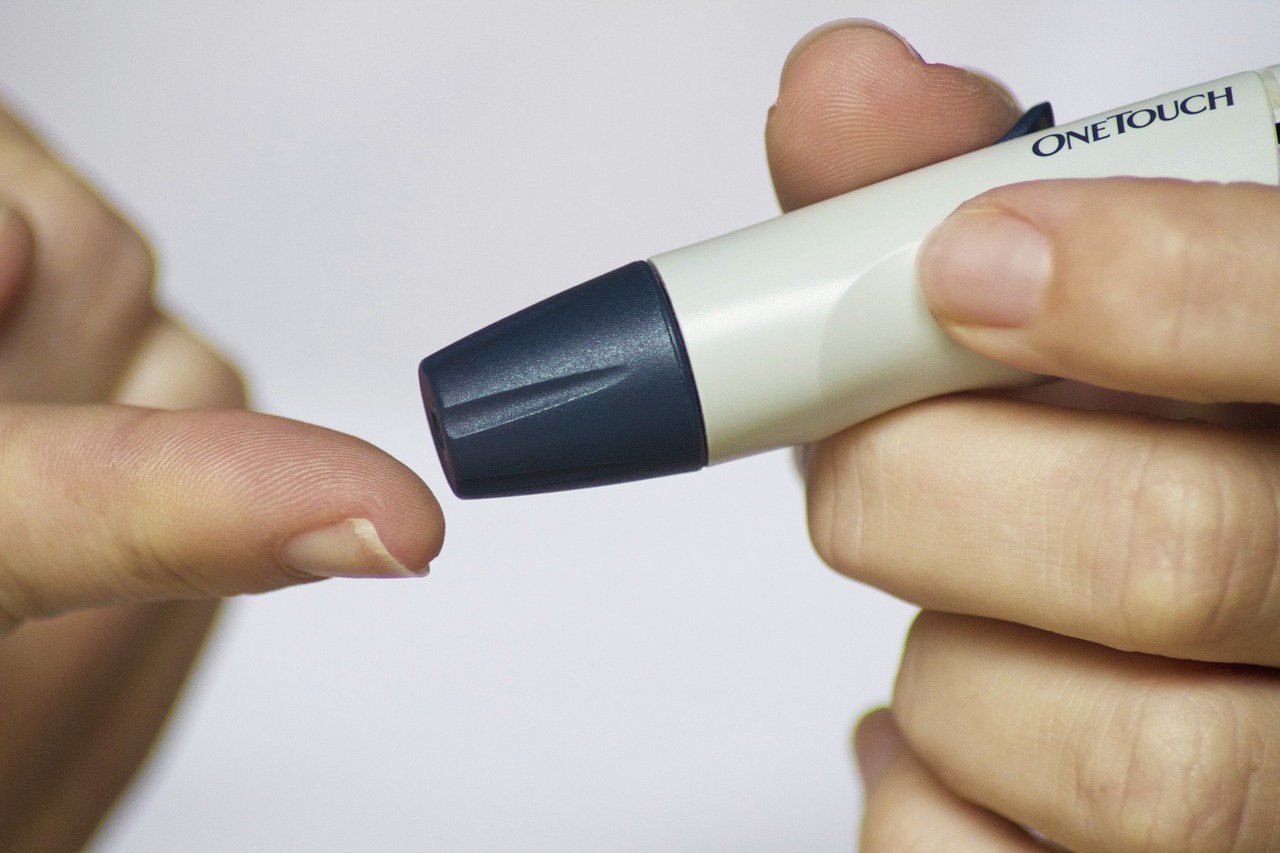
Diabetes Medication May Benefit Cancer Patients
- News
- 1.5K
Despite several advances in cancer treatment, the survival rate of cancer patients over a stipulated time period is still minimal, either due to relapse of the disease or other comorbidities. The survival rate often declines with the stage of diagnosis, age, and overall health.
Recently, a multi-institutional study conducted by a team of researchers under the leadership of Dr.Xiao-Ou Shu, from Department of Epidemiology, Vanderbilt University Medical Center, Nashville, has found that metformin, an orally administered drug commonly used for treating type 2 diabetes, can improve the survival among colorectal, breast, lung and gastric cancer patients.
Metformin marketed under the name Glucophage is a frontline treatment for type 2 diabetes, which is quite inexpensive compared to other drugs. Metformin is reported to have mitigating effects on hyperglycemia and hyperlipidemia, eventually causing insulin sensitization. Apart from diabetes, metformin is also prescribed for the polycystic ovarian syndrome (PCOS), since accumulating pieces of evidence suggest that PCOS is closely associated with insulin resistance.
The current study was conducted in a large group (2890 incident cancer cases) from participants of Shangai Men’s Health Study and Shangai Women’s Health Study, among which there were 633 breast, 890 colorectal, 824 lung, and 543 gastric cancer cases.
The team analyzed the association between the use of diabetic drugs (metformin, sulfonylureas, and insulin) and survival of patients, using a time-dependent analytic approach and information obtained from electronic medical records (EMR) data which included clinic visits, laboratory tests, diagnosis, hospital discharge summary, and participation.
The study shows that metformin use among cancer patients was associated with improved overall and cancer-specific survival in all the four cancer types, among which colorectal cancer patients showed maximum survival benefits. On the contrary, insulin use was associated with worse survival in all four cancer types. Moreover, the study shows that diabetes increased the risk of cancer-specific mortality, particularly in breast cancer patients.
Previously, several studies have shown that metformin exhibits anticancer effects both in vitro and in vivo. At the molecular level, metformin causes activation of 5’ adenosine monophosphate-activated protein kinase (AMPK) by phosphorylating Thr 172. AMPK activation causes inhibition of mTOR, and eventually reduces cell growth and proliferation.
AMPK has been identified as one of the central regulators of eukaryotic metabolism, which functions as a metabolic sensor regulating glucose and lipid metabolism.
Since high tissue AMPK activation has been earlier observed as a poor prognostic factor in metastatic colorectal cancer patients, the current observation of colorectal patients who used survival benefits from metformin use is quite interesting.
The authors believe that the observed negative association of sulfonylureas and exogenously administered insulin with the survival of patients might have been due to the fact that, both medications increase circulating insulin levels, which in turn is reported to exhibit mitogenic properties.
The current study opens up immense opportunities for future research in terms of cost-effective medications for survival benefits among cancer patients.
The study is supported by NIH grants for SMHS, State key project specialized for infectious diseases China, and the National Center for Advancing Translational Sciences. Other institutions which took part in the study are Tongren Hospital, Shanghai Jiao Tong University, Shanghai Cancer Institute Shanghai, China.
The findings have been published in the journal Cancer Research and Treatment.
Dr. Archana Payickattu
Journal Reference
If you liked this article, then please subscribe to our YouTube Channel for the latest Science and Tech news. You can also find us on Twitter and Facebook.


